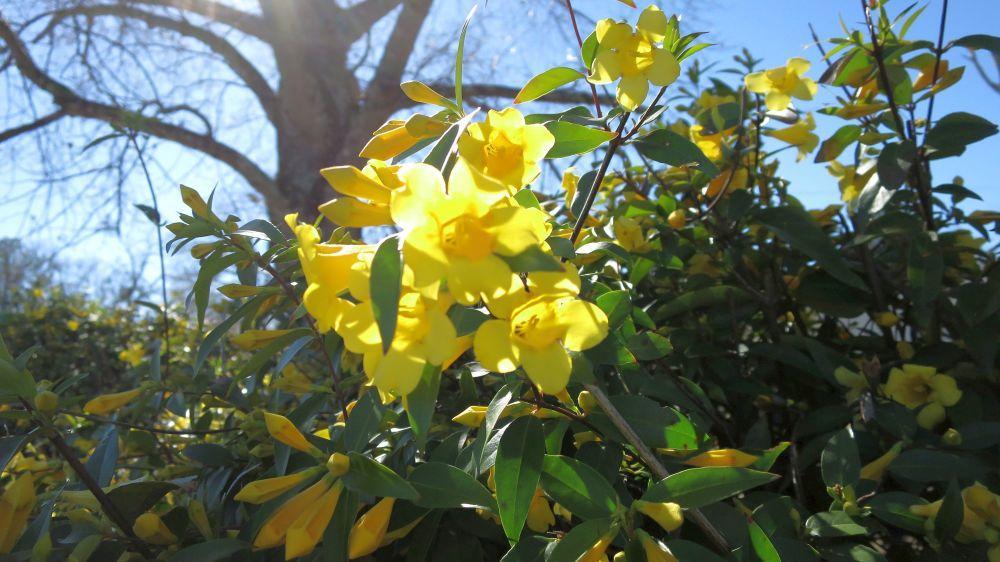scent memory, Halloween
Tuesday, December 9th, 2025 07:32 amI just remembered what a bag of Halloween candy obtained by trick-or-treating when I was a kid used to smell like. The candy I've given out as an adult doesn't have those scents. It was probably a combination of scents, but maybe mostly from one kind... chewy and shaped like tootsie rolls with twisted-end wrappers, with several flavors...
I found it, Brach's Royals. The wrappers have changed a lot over time, but this is how I remember them looking:
Brach’s – bulk candy salesman display – 1970’s
The Royals are in the upper left section of the tray, 2nd from the top.
Maybe I'm also thinking of the "Toffee" ones in the lower right, 3rd column from the right.
Ahh, nostalgia. I wouldn't eat those anymore as they are not vegan, and I don't like it anymore when candy sticks to my teeth. But remembering them is nice.
This reddit thread is interesting in regards to children nowadays prefering different candy (not the chocolate ones!) & treats compared to adults/parents:
Are kids these days getting much better Halloween candy than decades ago, or is it just me?
I found it, Brach's Royals. The wrappers have changed a lot over time, but this is how I remember them looking:
Brach’s – bulk candy salesman display – 1970’s
The Royals are in the upper left section of the tray, 2nd from the top.
Maybe I'm also thinking of the "Toffee" ones in the lower right, 3rd column from the right.
Ahh, nostalgia. I wouldn't eat those anymore as they are not vegan, and I don't like it anymore when candy sticks to my teeth. But remembering them is nice.
This reddit thread is interesting in regards to children nowadays prefering different candy (not the chocolate ones!) & treats compared to adults/parents:
Are kids these days getting much better Halloween candy than decades ago, or is it just me?

